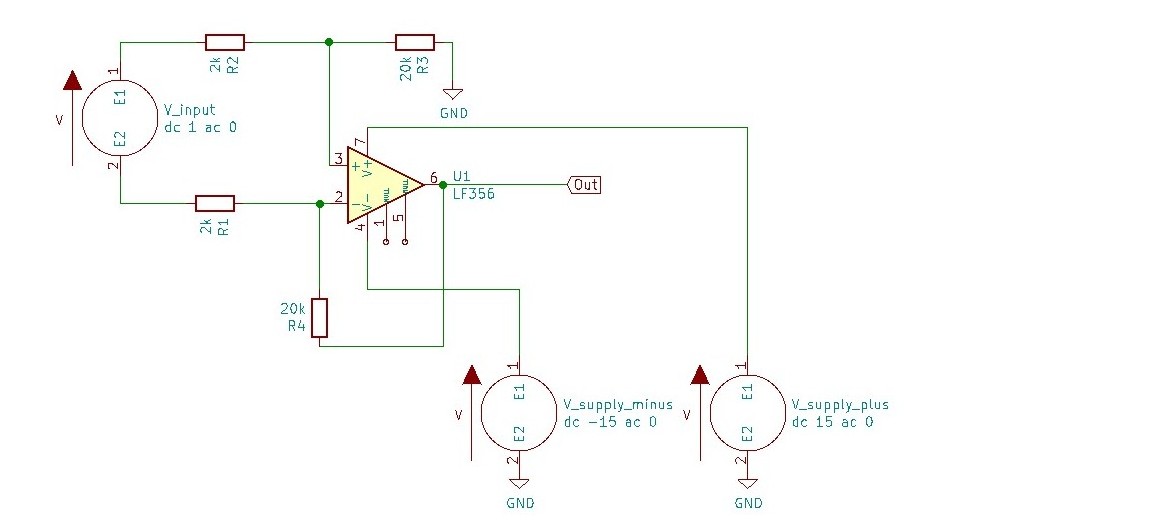
Please note! Course description is confirmed for two academic years (1.8.2018-31.7.2020), which means that in general, e.g. Learning outcomes, assessment methods and key content stays unchanged. However, via course syllabus, it is possible to specify or change the course execution in each realization of the course, such as how the contact sessions are organized, assessment methods weighted or materials used.
LEARNING OUTCOMES
After this course, students get familiar with
- Basic models and analysis methods of electronic circuits, e.g., Kirchhoff laws and Thevenin's theorem
- Basic component blocks in electronic circuits such as small direct-current circuits and operational amplifiers.
- Basic practical skills to implement simple electronic circuits and to measure their properties.
Credits: 2
Schedule: 08.09.2020 - 15.10.2020
Teacher in charge (valid 01.08.2020-31.07.2022): Martin Andraud, Katsuyuki Haneda, Juha Mallat
Teacher in charge (applies in this implementation): Martin Andraud, Katsuyuki Haneda, Juha Mallat
Contact information for the course (valid 20.08.2020-21.12.2112):
University Lecturer Juha Mallat, room 2157, TUAS building
(juha.mallat@aalto.fi)
CEFR level (applies in this implementation):
Language of instruction and studies (valid 01.08.2020-31.07.2022):
Teaching language: English
Languages of study attainment: English
CONTENT, ASSESSMENT AND WORKLOAD
Content
Valid 01.08.2020-31.07.2022:
- Kirchhoff theory
- Circuit transformation
- Direct-current circuits
- Operational amplifiers
- Use of myDAQ for testing and measuring circuits
Assessment Methods and Criteria
Valid 01.08.2020-31.07.2022:
Collecting points from lecture participation, calculation exercises and MyDAQ exercises. Final grades will be decided based on the collected points.
Workload
Valid 01.08.2020-31.07.2022:
2 credits x 27.5 = 55 hours of study will include contact sessions and individual studies for reading books and slides, solving exercise problems and working on myDAQ.
DETAILS
Study Material
Valid 01.08.2020-31.07.2022:
James W. Nilsson and Susan A. Riedel, Electronic Circuits, Pearson Prentice Hall. We use 7th and later Editions of the book.
Prerequisites
Valid 01.08.2020-31.07.2022:
Knowledge of mathematics in high-school level, including integral, derivative and a matrix.
SDG: Sustainable Development Goals
3 Good Health and Well-being
7 Affordable and Clean Energy
9 Industry, Innovation and Infrastructure
11 Sustainable Cities and Communities
13 Climate Action
